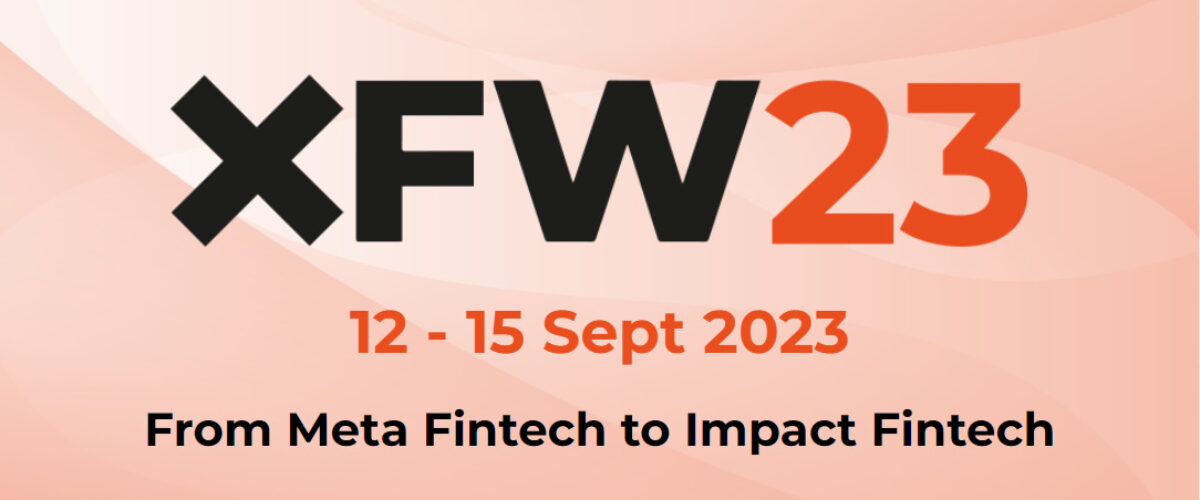The financial world is on the brink of a transformative shift as it prepares to embrace ISO 20022, the new global messaging standard set to revolutionize payment processing. Our member protivity compiled a piece on the topic of ISO 20022 - developed by the International Organisation for Standardisation (ISO), which promises to deliver enhanced efficiency, reduced costs, and greater transparency for financial systems worldwide. Its potential impact on the financial industry is significant, but it also raises challenges, especially in the realm of sanctions compliance.
Why ISO 20022 Matters for Sanctions Compliance
ISO 20022 is not merely a technical upgrade; it represents a profound change in the way financial institutions exchange information. This new standard extends beyond payments, encompassing securities, trade finance, and treasury management. Its benefits are numerous, but for sanctions compliance professionals, ISO 20022 offers several critical advantages:
- Richer Data: ISO 20022 introduces discrete fields for payment parties, including ultimate debtors and creditors, providing more comprehensive information for screening.
- Enhanced Data Standardization: Standardized codes for payment characteristics, structured remittance fields, and support for a wider set of characters offer better semantic interpretation of payment streams.
- Streamlined Screening: With more structured content, automated sanctions screening becomes more effective and efficient, reducing false positives.
Challenges on the Horizon
While ISO 20022 holds great promise, the transition poses unique challenges for compliance officers and their technology partners:
- Data Impact Assessment: Institutions must review all systems and processes to determine the impact of ISO 20022 on payment-related information, including changes to field lengths and data modeling.
- Sanctions-Screening Testing: Rigorous testing is essential to ensure that sanctions-screening solutions can handle the updated payment messaging effectively.
- Readiness Verification: Institutions must verify that their sanctions-screening solutions are prepared to process the updated payment flows or implement appropriate workarounds.
- Coexistence Period: During the coexistence period when not all participants have adopted ISO 20022, institutions must manage the transition carefully, ensuring that payment-related information does not bypass screening processes.
- STP Alignment: Institutions need to align straight-through processing expectations with sanctions screening capabilities to avoid bottlenecks in transaction processing.
- Staff Education: Compliance staff across all three lines of defense must be trained on ISO 20022-enabled payment messages to identify misuse or abuse that could facilitate sanctions evasion.
- Continued Vigilance: ISO 20022 improves sanctions compliance but doesn’t eliminate all evasion risks, so institutions must remain vigilant.
- Data-Lineage Documentation: Documentation tracing data from payment message to screening solution is crucial for testing and regulatory compliance.
- Model Retuning and Validation: Changes in sanctions screening inputs may require adjustments to screening models, which should be validated during migration.
- Evolution of ISO 20022: The standard is expected to evolve beyond its initial implementation, requiring institutions to stay updated with industry standards.
- Encoding Changes: The shift from basic Latin character sets may affect institutions using workaround encodings for non-Latin characters.
ISO 20022 promises a bright future for the financial industry, with increased efficiency and transparency. However, to fully embrace its capabilities, financial institutions must navigate challenges in the transition process, particularly regarding sanctions compliance. With careful planning and implementation, institutions can reap the benefits of ISO 20022 while maintaining a robust sanctions compliance framework.
Protiviti’s Financial Crime practice assists financial institutions in meeting regulatory obligations and reducing financial crime exposure through anti-money laundering, combating the financing of terrorism, and sanctions risk assessment, among other services. The practice helps organizations protect their brand and reputation by advising on vulnerabilities to financial crime, fraud, and corruption. Read more here.


